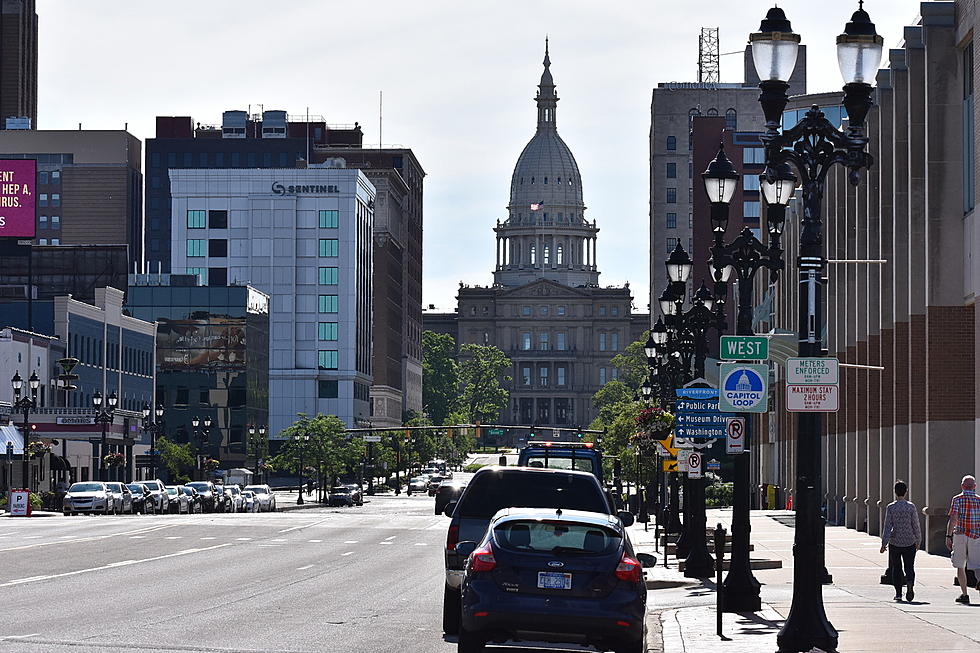
MSU Virtual Reality App Helps Recognize Unconscious Bias
I'm not going to lie, when virtual reality first came out I was a little freaked out by it. Then I tried it, then my boyfriend got it and I hopped on the bandwagon.
One thing that always stuck with me was what virtual technology could do in terms of education. We could virtually be able to explore the world, learn about other cultures, there are endless possibilities in schools and just give everyone the opportunity learn so much about the world around us.
Now, Michigan State University has created an app that uses virtual reality to do just that when it comes to learning and recognizing things like racial biases we may not even realize we have.
According to WILX, assistant professor in SPDC Dr. Linda Nubani alongside Dr. Quentin Tyler, associate dean and director for diversity, equity and inclusion, have been working on the "A Mile in My Shoes" app since 2019.
Now WILX says the app is set to roll out in a few weeks and will serve as a way for people to be put into different situations from different perspectives and teach them about having conversations about diversity and inclusion.
“When I tried it, I was fully immersed and I know that this is all fake but once I was inside I thought oh my gosh this feels really real and then there was a script that ran on me," Nubani told WILX. "I felt like I couldn’t pick words to defend myself."
Nubani also said she believes this could become a really great tool and alternative for racial bias training. Think about how much more effective it could be than just reading about biases but actually experiencing them, or rather, seeing for yourself.
MSU students like Maddy Gun also think it is a cool way to learn about different people's experiences:
“I think it’s a really cool idea since there are so many people from all walks of life here on campus and to see what they have to go through everyday would be really cool,” she said.
WILX reports students who are interested are welcomed to email Dr. Quentin Tyler at tylerque@msu.edu as he said the goal of the app is to make it easier for everybody to see the world through someone else's lens. "Hopefully it brings us together to bring a more inclusive equitable, diverse society."
LOOK: 50 essential civil rights speeches
More From 100.7 WITL









